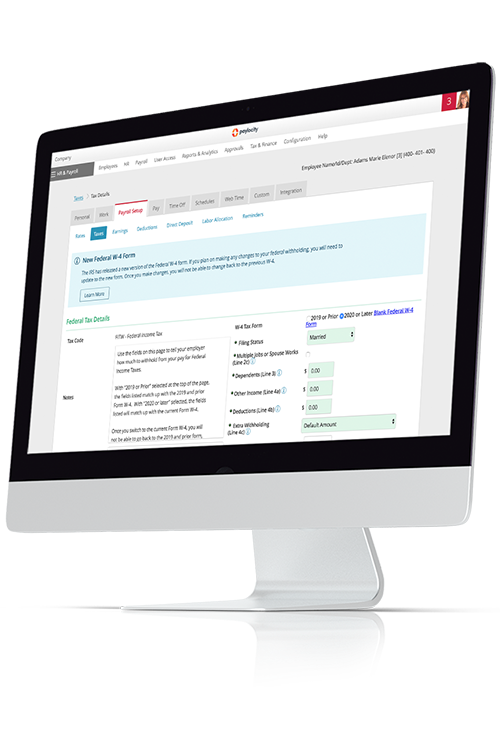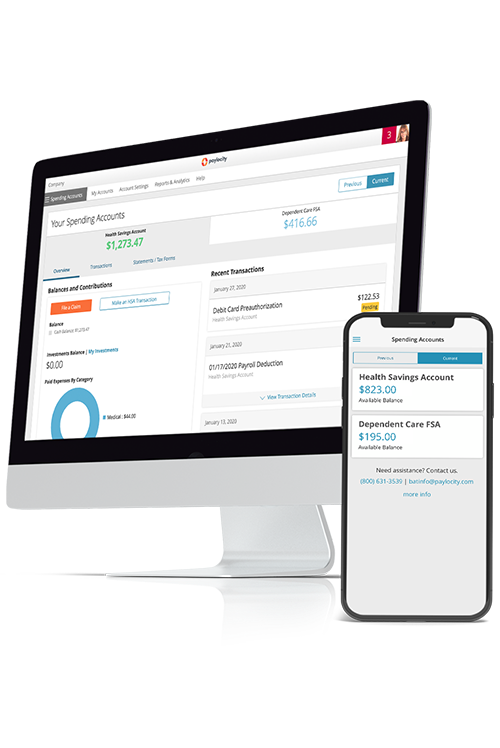Old-Age, Survivors, and Disability Insurance (OASDI)
Summary Definition: Old-Age, Survivors, and Disability Insurance. The formal name of the program commonly known as Social Security.
What is OASDI Tax?
The Old-Age, Survivors, and Disability Insurance (OASDI) program is the federal Social Security program that provides retirement, survivor, and disability benefits to eligible individuals and their dependents.
Administered by the Social Security Administration (SSA), OASDI uses two trust funds to store and disburse amounts collected from the Social Security portion of Federal Insurance Contributions Act (FICA) payroll taxes:
- Old-Age and Survivors Insurance — For retirees and survivors of insured workers who died.
- Disability Insurance — For insured employees who are unable to work due to physical or mental disabilities.
Key Takeaways
- OASDI is another name for the federal Social Security program, which is funded by mandatory payroll taxes under FICA.
- OASDI payroll taxes are shared between employers and employees, except for the self-employed, who pay the whole tax themselves, and certain non-resident workers, who are exempt.
- The 2024 wage base limit for OASDI taxes is the first $168,600 of an employee’s annual wages.
Is OASDI Tax Different than Social Security Tax?
No, OASDI and Social Security are the same program, so the taxes collected, eligibility requirements, and benefit amounts are the same. When an employee looks at their paycheck, they’ll probably see a deduction for OASDI, meaning there was a mandatory deduction to pay their Social Security taxes.
OASDI isn’t, however, the same as Supplemental Security Income (SSI), which is a different program administered by the SSA. SSI focuses on individuals with limited income and resources who are blind, age 65 or older, and have a qualifying disability.
Basically, those who are eligible for SSI are probably also eligible for OASDI, but not everyone who’s eligible for OASDI is also eligible for SSI.
OASDI Eligibility Requirements and Benefits
Generally speaking, eligibility for OASDI benefits depends on how long an employee has worked and their accumulation of "work credits." After an employee has accumulated 40 credits, they’re classified as fully insured and entitled to benefit payments.
In 2024, an employee earns one work credit for every $1,730 they earn in wages, but this amount changes annually. Employees can earn up to four credits in a single year.
| Recipient Type | Eligibility | Benefits |
|---|---|---|
| Retirees | The retiree must have earned at least 40 work credits and be at least 62 years old. | Based on the worker’s lifetime earnings.* |
| Survivors |
The survivor must have been in a relationship with an eligible employee at the time of the employee’s death. |
Based on the deceased’s earnings* and relationship with the survivor. |
| Disabled | Uses a Recent Work Test and Duration Test, which gauges eligibility based on the worker’s age and length of career. | Based on the worker’s lifetime earnings.* |
*Uses an average of indexed monthly earnings that summarizes up to 35 years of a worker’s wages.
OASDI Payroll Tax Rate
The 2024 tax rate is 12.4% of an employee’s gross pay, but that amount is evenly split between employees and employers. Thus, employees will only end up paying 6.2% of their gross wages to OASDI, while employers must pay the other 6.2%.
2024 OASDI Tax Limits
In 2024, only the first $168,600 of an employee’s annual wages are subject to OASDI taxes. Also known as the Social Security wage base limit, after an employee’s annual wages exceed that amount, they’re no longer required to pay OASDI taxes for the rest of that year.
That annual wage base limit is adjusted every year to keep pace with changes to the national average wage index. For example, in 2023 the wage base limit was $160,200, and in 2022 it was $147,000.
Self-Employed and Non-Resident OASDI Taxes
OASDI taxes are mandatory, so the self-employed must pay them too. But instead of splitting the 12.4% per FICA regulations, self-employed workers must pay the full amount themselves per Self-Employed Contributions Act (SECA) regulations.
Non-resident citizens are also required to pay OASDI taxes, except for those with certain work visas:
- A-Visas — employees of foreign governments and their families
- D-Visas — crew members on a foreign ship or aircraft working for a foreign employer or a U.S. ship or aircraft outside the U.S. when the work occurred
- F-Visas, J-Visas, M-Visas, and Q-Visas – professors, researchers, students, etc.
- G-Visas — employees of an international organization working in the U.S.
- H-Visas — a Filipino citizen working in Guam, or a nonimmigrant individual temporarily admitted to the U.S. for agricultural labor

